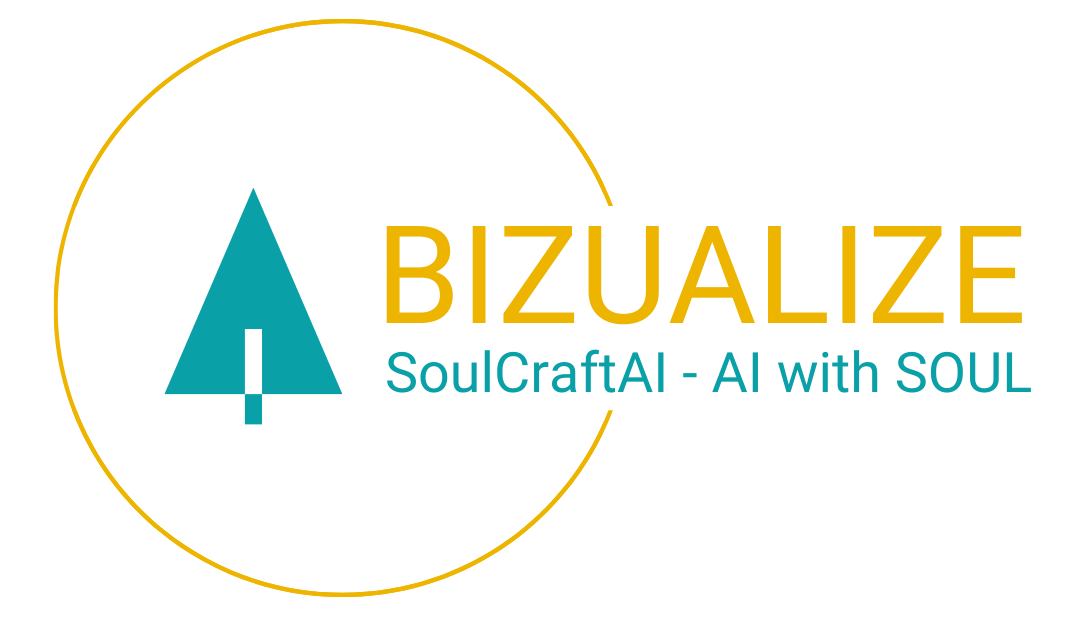What is soul-based branding?
Branding is often misunderstood as just a fancy logo or a catchy tagline. However, nothing could be further from the truth. While the end appearance and image that your brand projects is incredibly important, you need to understand, and be able to talk about, where this image comes from. In this article, we’ll delve into the soul of your business, you’ll discover that soul-based branding is a lot more connected to you than just colours and words. It’s the embodiment of your business’s values, the narrative that is revealed with every interaction with customers It’s the foundation that your reputation is built on, and it needs a bit of soul!
The Soul of Your Brand
The concept of a “business soul” is not just some poetic sounding phrase but a practical framework. It’s the core values that guide your business decisions and strategy. David Brier once said, “If you don’t give the market the story to talk about, they’ll define your brand’s story for you.” Your business soul is the basis of that story. It’s the natural narrative that resonates with your customers and differentiates you in the market.
How Does the Soul Influence Branding?
There are a myriad of effects your business soul has on the outcomes of your soul-based branding efforts. They range from influence on strategy and implementation, to perception and ultimately the outcomes against our goals. Here are just a few:
Narrative Building
Your brand is more than just what you tell people it is; it’s also what they believe it can do for them. This duality is where brand identity comes into play.
What you tell people forms the outward identity of your brand. However, the soul of your business, your core values, should be the foundation of this identity. When your brand identity is an authentic expression of your business soul, it resonates more deeply with your audience. It aligns their beliefs and expectations with what you’re actually capable of delivering. It helps your brand identity serve as a bridge between what you communicate and what your audience believes. This in turn ensures that their expectations are not just met, but are rooted in the authentic essence of your business, and are therefore repeatable. As Seth Godin aptly puts it, “A brand is the set of expectations, memories, stories, and relationships that account for a consumer’s decision to choose one product over another.”
Soul-based branding isn’t just storytelling; it’s soul-telling. Your narrative becomes an authentic expression of your business soul, making your message not just heard but deeply felt and trusted.
Trust and Recognition
Alina Wheeler mentions that “brands are messengers of trust.” When your business soul is clear, and your branding is consistent with it, you build trust.
This trust is not just in your product but in the promise that your brand makes. It’s one thing to have a recognizable logo or a catchy tagline, but it’s another to have a brand that people can genuinely trust. When your brand’s promise is rooted in the core values of your business soul, it elevates the level of trust and recognition to something more profound. People don’t just recognize your brand; they believe in it. They don’t just trust your product; they trust the essence of who you are as a business.
This level of trust and recognition is not built on marketing gimmicks or superficial branding; it’s built on the authentic expression of your business soul. It’s the foundation for a sustainable brand long into the future.
Long-term Growth
Jim Mullen emphasizes that “brand loyalty is the only sound foundation on which business leaders can build enduring, profitable growth.” When your branding is an authentic representation of your business soul, you’re more likely to attract and retain customers who resonate with your values. This isn’t just about increasing sales or expanding your market share; it’s about creating a brand that stands the test of time.
When your growth strategies are deeply aligned with your business soul, you’re not merely expanding—you’re evolving in a way that’s true to your essence. Customers become not just consumers but advocates, and your business doesn’t just grow; it thrives. This kind of growth is sustainable and meaningful because it’s rooted in the authentic core of your business.
Real-world Applications
Consider companies that have successfully aligned their branding with their business soul. They don’t just sell products; they sell experiences, beliefs, and a sense of belonging. Their branding is not an afterthought but a strategic tool for sustainable growth.
Take Patagonia, for example. They don’t just sell outdoor clothing; they sell a commitment to environmental sustainability. Their “Don’t Buy This Jacket” campaign encouraged consumers to think twice before making a purchase, aligning perfectly with their business soul focused on sustainability.
Dive Deeper
Branding is not a one-time event but an ongoing process. As Sir Richard Branson aptly states, “Branding demands commitment; commitment to continual reinvention.” Your business soul is the compass for this journey, guiding you through the ever-changing landscape of consumer expectations and market trends.
However, a word of caution: if not discovered correctly, your business soul can turn into a set of corporate poetry that is almost impossible to translate into actual messages that make sense to your audience. Remember, the business soul is not the brand itself; it’s the foundation. It’s the bedrock upon which your brand is built, but it shouldn’t be so ornate that it becomes impractical. Don’t overdress it. Keep it clear, keep it authentic, and let it guide you in a way that’s actionable and resonates with your audience.
What’s Next?
Stay tuned for our next article, where we’ll explore how the soul of your business benefits your marketing strategies.
Cheers,
Adam Walsh – Bizualize


